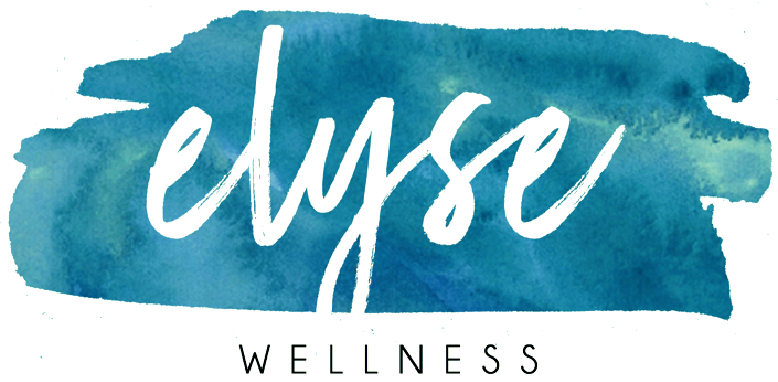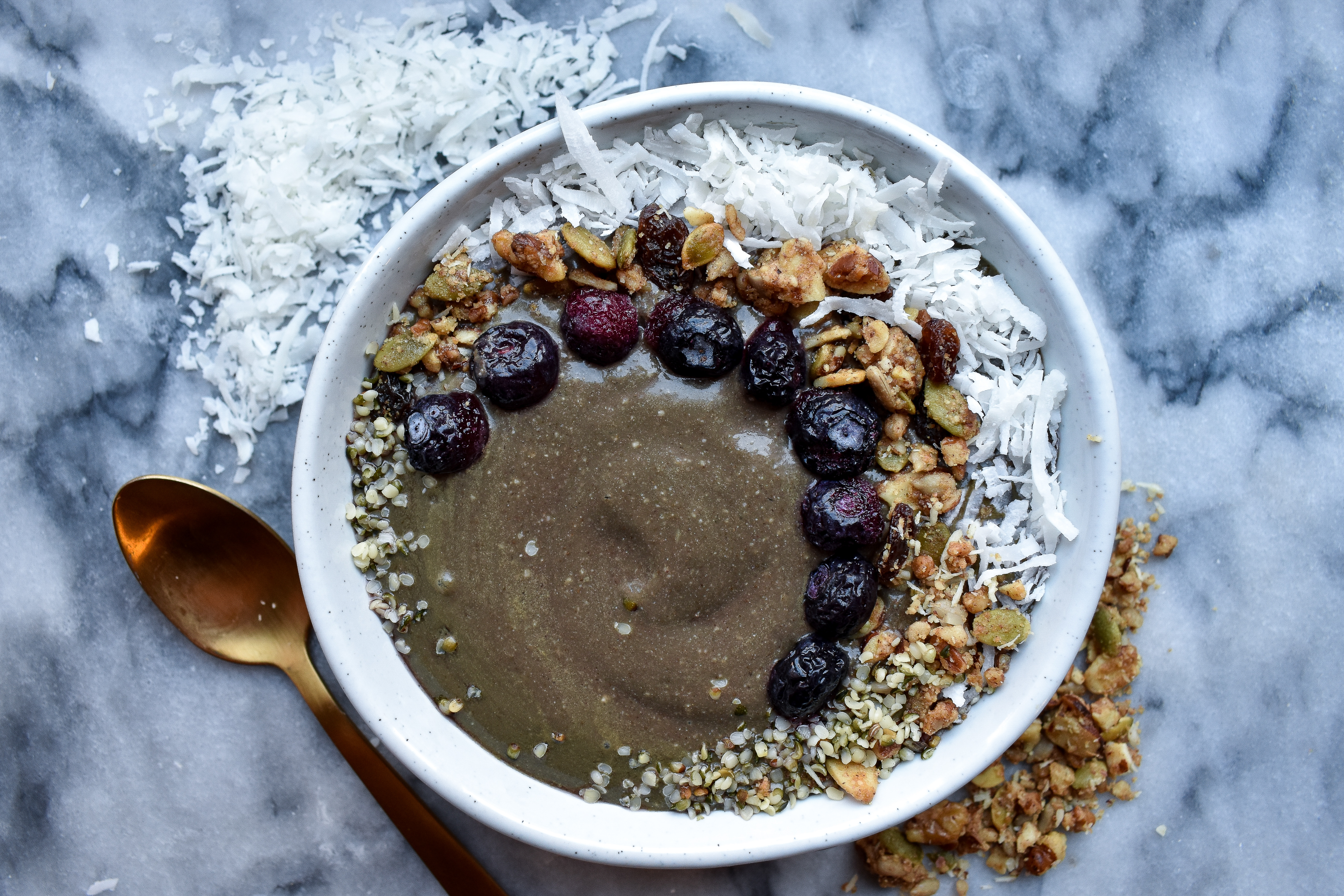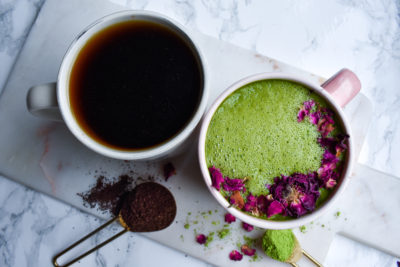All About Collagen

Collagen protein powder is super hot right now, but what actually is collagen, and do we all need to supplement with it? Collagen is the most abundant type of protein in our bodies, making up 30% of all protein, and 70% of all the protein in our skin. Collagen is a key component of your muscles, bones, ligaments, tendons, joints, skin, and digestive tissue.
Back in the day, when humans likely ate all parts of the animal – muscle meat, skin, tendons, used bones in stews, etc. – we were getting plenty of collagen naturally. But as our modern society is primarily focused on muscle meat (think a chicken breast) which is very lean and almost pure protein, but we’re missing out on all that great collagen (think a drum stick with skin, stringy bits of tendons, etc.).
So why does this matter? Well for one, collagen contains a large amount of glycine, a conditionally essential amino acid that we definitely don’t get enough of anymore. Glycine is “conditional essentially” meaning our bodies can synthesize some glycine from other amino acids, but only about 3g per day, and the latest thinking is that we need about 10g per day – to support everything from skin, to muscles, to joints to digestive lining – meaning we need an additional 7g per day from food (a 20g collagen protein supplement will provide about 4g of glycine). One of the most intriguing findings about glycine is its potential connection to the health impacts of meat consumption. In rat studies, they’re found that when rats increased their glycine intake (even when keeping muscle meat amino acid intake constant) they had significant increases in life span.
SO WHY DO I TAKE COLLAGEN?
There’s a lot of talk about collagen supporting hair, skin, and nails, and the good news is, there have been actual studies to back it up.
- Skin. This double-blind placebo-controlled study found statistically significant improvement in skin elasticity in when aged 35-55 when supplementing with either 2.5g or 5g of collagen per day for 8 weeks. For reference, a pure collagen protein like Vital Proteins has 20g of collagen per serving, which makes me even optimistic about the benefits I’m getting from my collagen protein smoothies.
- Cellulite. It has also been shown to reduce the appearance of cellulite in a study examining the effects collagen supplementation over a period of 6 months
- Digestion. Collagen has been shown to support healing and repair of the gut lining (something I’m always working on)
HOW I INCORPORATE COLLAGEN
- Smoothies. Collagen protein powder is all I’ve been using for the past year or so. I love that there are both flavorless and flavored options, and collagen protein has been the only protein powder I’ve found that causes zero bloating / upset stomach. Major win.
- Chia Seed Pudding. I add collagen protein to my morning chia seed pudding prettyyy much every single day. It’s the perfect way to start the day, and you can switch up the flavor of the collagen protein to switch up the recipe. My favorites are chocolate and pumpkin.
- Bars. My favorite low-carb bars conveniently are also made with collagen protein. Primal Kitchen Collagen Protein bars have 15g of collagen and Bulletproof Collagen Bars have 12g of collagen.
- Tonics. Another great perk of the flavorless nature of collagen, you can add it to matcha lattes, bulletproof coffee, or turmeric lattes with no change in taste.
- Bone Broth. A quality bone broth is high in gelatin (the cooked form of collagen) and also supports the immune system.
- Eating the Skin. Collagen in its natural, edible state.
MY FAVORITE COLLAGEN PRODUCTS
- Vital Proteins Collagen Peptides – Unflavored, grass-fed bovine collagen sourced from cowhides
- Primal Kitchen Collagen Fuel – Chocolate grass-fed bovine collagen with added coconut milk and monk fruit sweetener
- PerfectKeto Chocolate Collagen – Chocolate grass-fed bovine collagen with 3.5g added MCT oil – code ELYSEWELLNESS gets you 15% off!
- Ancient Nutrition Multi-Source Collagen – Love that Ancient Nutrition collagen uses a mix of sources (bovine, egg shell, fish and chicken bone broth collagen peptides – code ELYSEWELLNESS gets you 20% off!
Do you take collagen? What are some of your favorite ways to incorporate it into your diet?





